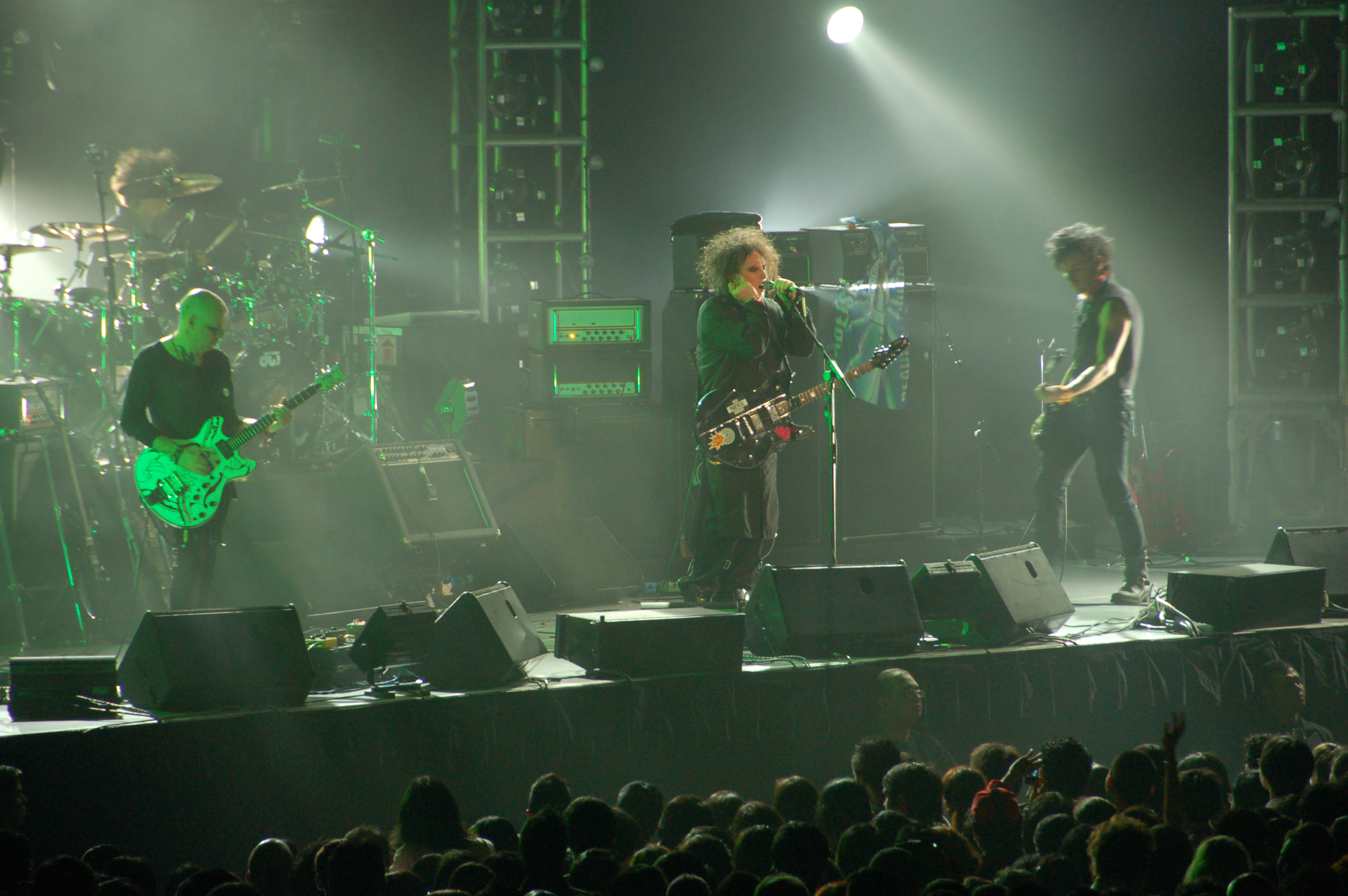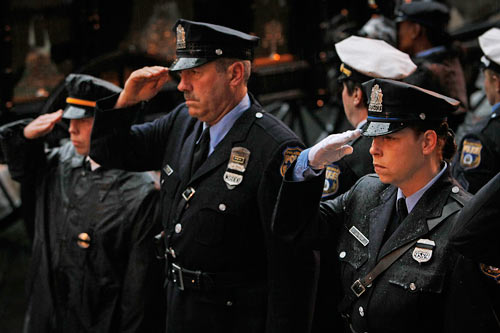And Mayor Nutter blames the NRA:
Mayor Nutter this morning said the National Rifle Association owed an apology to the family of slain police officer Sgt. Stephen Liczbinski.
Nutter recently signed five local gun bills into law, including one that would outlaw the possession and sale of certain assault weapons. The NRA immediately sued the city on the grounds that the city does not have the authority to enact local gun control. They obtained a temporary restraining order to keep the city from enforcing the new laws.
Liczbinski was killed with a Chinese-made assault weapon.
“I think it’s insane,” Nutter said. “The fact that we put forward a piece of legislation to prevent the sale and use and transfer of assault weapons and have a Philadelphia police officer assaulted on the streets with one, I think makes it pretty clear to anyone who is confused about this issue that there’s no reason for any citizen, any person other than in law enforcement or in the military to have such a weapon.”
The mayor completely ignores the fact that had the laws been passed, they would not have kept the guns out of the criminals’ hands. Why? Because all three were convicted felons, and under current law it is illegal for them to possess
any type of firearms – let alone a Chinese made assault rifle, the
SKS. Howard Cain, the shooter, had recently been paroled after doing the minimum for armed robbery:
Cain entered the state prison system on Nov. 12, 1997 to serve a 9- to 18-year sentence for robbery, said Susan McNaughton, spokeswoman for the state Department of Corrections.
Just shy of nine years later – his minimum sentence – Cain was sent to Lycoming House, a halfway facility at 1712 Point Breeze Ave. in South Philadelphia, on Sept. 5, 2006, McNaughton said.
That followed a decision by the Pennsylvania Board of Probation and Parole nine days earlier to grant Cain parole at his first hearing.
On Dec. 12 of that year, Cain walked out of Lycoming House a free man.
However, Cain was subject to parole supervision until the year 2015.
Leo Dunn, a spokesman for the parole board, said Cain’s release was based on five considerations.
“First of all, his acceptance of responsibility for the offense committed,” Dunn said. “His participation in and completion of prescribed institutional programs. The positive recommendation made by the Department of Corrections. His reported institutional behavior. And his placement in a community corrections residency.”
Dunn did not know how frequently Cain was required to meet his parole officer, but Cain had to follow a series of requirements to maintain his freedom, including drug tests and avoidance of alcohol.
Overall, Dunn said, the board granted parole in 61 percent of its cases in March, the most recent month for which statistics were available.
The robbery sentence stemmed from a string of armed robberies of state liquor store in West and Southwest Philadelphia in 1996.
Cain, then 23 at the time of the robberies and listed as 5-feet 8-inches tall and weighing 167 pounds, was found guilty a year later in one case and pleaded guilty in another.
Cain also had a history of fighting and fleeing from the police, court records show.
In 1993, Cain stole a car in West Philadelphia and crashed it into a fence after a brief chase by police. He was sentenced to 11 and ½ to 23 months in city jail.
In 1996, he was stopped by police and reportedly began punching at the officers and then running away. He was caught and sentenced to no more than 23 months in city jail.
So the mayor blames the
NRA for laws that would not have prevent the officer’s murder, but remains silent on the parole board that put the guy onto the streets 8 months ago. Life in the liberal looking glass in Philadelphia.






